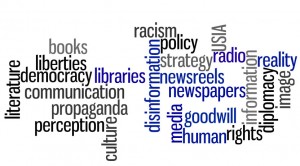Why Is Bill O’Reilly Still On TV?
 Why is Bill O’Reilly still on television?
Why is Bill O’Reilly still on television?
The latest revelations about Faux News settling lawsuits with the many women who have accused the network’s “Head Bro In Charge” of sexual harassment brings up some basic ethical issues. This is not the first time around for O’Reilly. Last week he made a sexist and racist joke about Maxine Waters’ hair. As a matter of fact, he was also accused of beating up his ex-wife in front of his children. That assault in itself should be a reason this guy should have been fired a long time ago.
But I guess in the new age of Trump, where the new president can go around saying grab them by the p*ssy, money talks, buys influence and puts a clamp on victims. In this case, O’Reilly’s show has generated over $446 million for the network in just the last two years alone. Luckily, advertisers are changing their minds.
Seriously, why is he still on TV. He has some deep-seated anger management issues.
This is the reason other powerful misogynists get to climb the ladder of success and hurt other women that don’t agree to their sexual advances, whether we are talking about Roger Ailes or Bill Cosby.
Again, why is Bill O’Reilly still on television?


